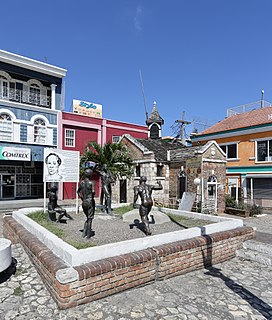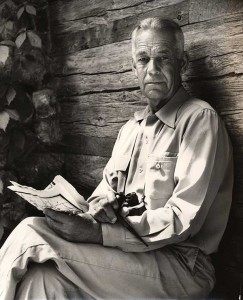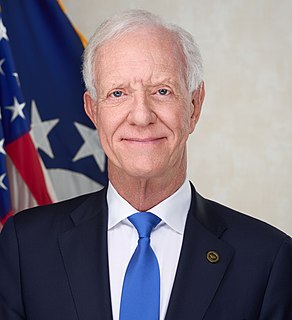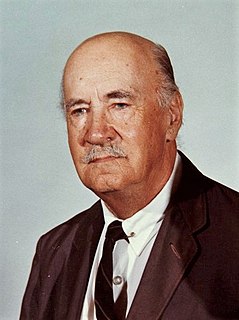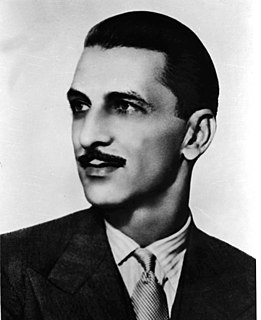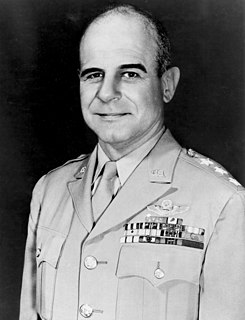A Quote by Charles Lindbergh
What makes human power erupt like a volcano? What destroy's it? The civilizations of Rome, Greece, Egypt, China were all eruptions from a human core.
Related Quotes
I've always wanted to see what Egypt was like when they were building the pyramids or Rome at the height of the empire or Greece - more specifically, Crete before it was destroyed. Why? Because I'm curious how we all hung out on a day to day basis, what was the chit chat, etc. Reading things in a book never gives you the feel.
What is remarkable about the Greeks - even pre-philosophically - is that despite the salience of religious rituals in their lives, when it came to the question of what it is that makes an individual human life worth living they didn't look to the immortals but rather approached the question in mortal terms. Their approaching the question of human mattering in human terms is the singularity that creates the conditions for philosophy in ancient Greece, most especially as these conditions were realized in the city-state of Athens.
Since the building of Constantinople, and the removal of the seat of government to that city, no political quarrel separated Rome from Egypt. Pagan Rome, ever since the union of the two countries under Augustus, except when interrupted by the rebellions, had been eagerly copying the superstitions of Egypt, and Christian Rome still followed the same course.
I have discovered in a lifetime of traveling in primitive regions, a lifetime of seeing people living in the wilderness and using it, that there is a hard core of wilderness need in everyone, a core that makes its spiritual values a basic human necessity. There is no hiding it....Unless we can preserve places where the endless spiritual needs of man can be fulfilled and nourished, we will destroy our culture and ourselves.
The core of original sin, then is LOT - Lack of Trust. Or, it could be considered an innate inability to adequately value ourselves. Label it a 'negative self-image,' but do not say that the central core of the human soul is wickedness. ... positive Christianity does not hold to human depravity, but to human inability.
Thomas Aquinas defined the human soul as the core of our being, and the power that brings our characteristics into unity so the soul of capitalism - in its own temporal world as contrasted to the spiritual world of human beings - is what defines the core of the system and the factors that unify to produce the wonderful world that we are blessed to live in.
For all the tough talk about China during the presidential debates, Romney and Obama evaded any mention of China's suspect human rights record, corruption, and rule of law. By not tackling these controversial topics, the candidates are protecting a strategic partnership with China at the expense of essential human values and beliefs.
For all the tough talk about China during the presidential debates, Romney and Obama evaded any mention of China's suspect human rights record, corruption, and rule of law.
By not tackling these controversial topics, the candidates are protecting a strategic partnership with China at the expense of essential human values and beliefs.








